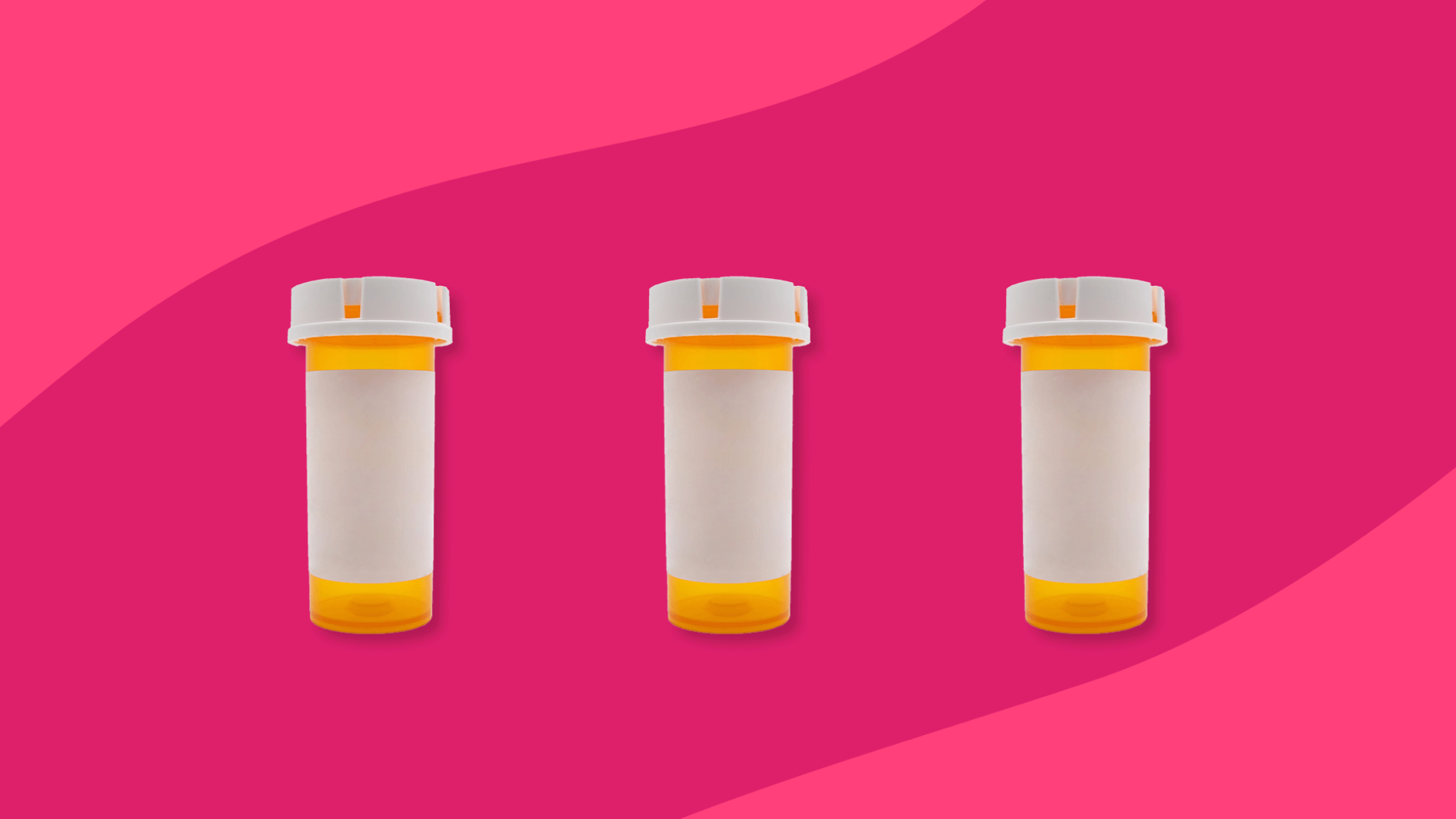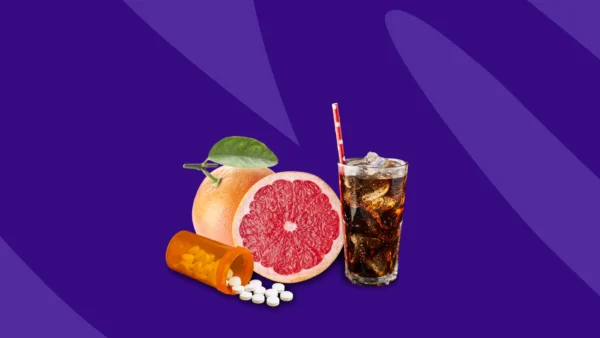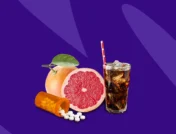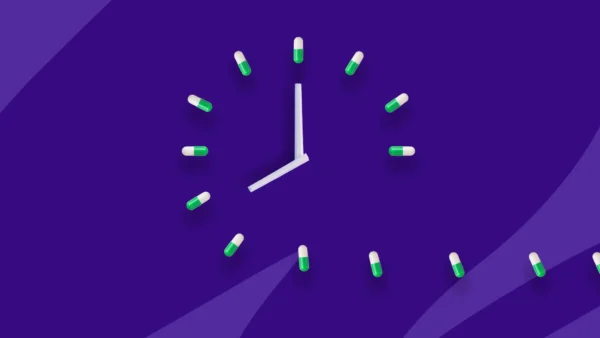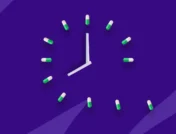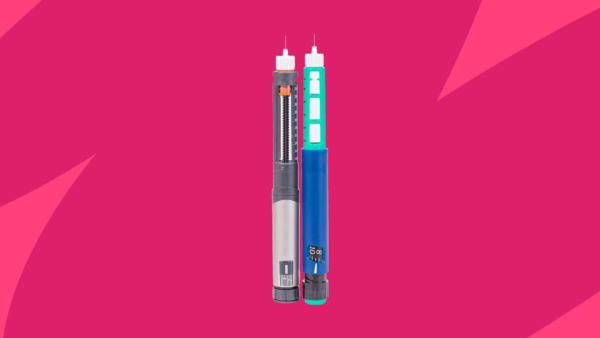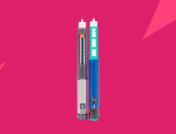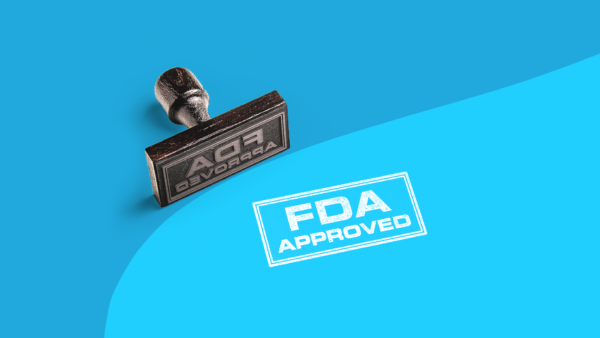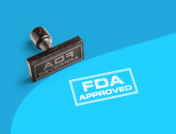Compare Edarbi alternatives | Angiotensin Receptor Blockers | ACE Inhibitors | Beta Blockers | Calcium Channel Blockers | Combination blood pressure medications | Natural alternatives | How to switch meds
Hypertension, or high blood pressure as many of us refer to it, affects almost half of the U.S. population according to the Centers for Disease Control and Prevention (CDC). It is the primary reason for over 33 million visits to the doctor’s office each year. Unfortunately, it’s challenging for a person to know if their blood pressure is high. Hypertension is a silent disease. Sometimes it has been out of control for years before being diagnosed, especially if follow-ups with healthcare professionals are not performed regularly. Fortunately, healthcare professionals have become well-versed in effective interventions for high blood pressure, both in lifestyle changes and medications.
Edarbi (azilsartan medoxomil) was approved by the Food and Drug Administration (FDA) in 2011 to treat hypertension either alone or in combination with other agents for hypertension. It belongs to a class of medications known as angiotensin II receptor blockers (ARBs), and it is one of the newer members of this class of drugs. ARBs work by angiotensin II at angiotensin receptors on vascular smooth muscle and the adrenal gland. Angiotensin is the primary vasoactive hormone responsible for the physical process that leads to hypertension. There are multiple types of angiotensin receptors, and Edarbi’s advantage is that it shows a much larger affinity for only the receptors that mediate the cardiovascular response. Edarbi has been a great advancement in the treatment of high blood pressure, but it still may not be right for everyone.
People of African American descent historically do not tend to respond to ARB therapy as well as other races, and this held true in clinical trials of Edarbi as well. Edarbi’s blood pressure lowering ability is half in this population what it is in others. Edarbi has also been shown to be harmful to the fetus in pregnant women and should be avoided in this population and those who are breastfeeding.
Edarbi can be dangerous in patients who suffer from episodes of hypotension, or low blood pressure, or who may be volume-depleted or salt depleted. Taking Edarbi can cause a worsening of low blood pressure.
Edarbi is only available as a brand name, single source product at this time. There is currently no generic equivalent on the market. The cash price of one month of Edarbi approaches $300 without insurance coverage. Depending on insurance coverage, Edarbi could still be expensive even if covered.
Fortunately, there are alternative options to Edarbi, and we will explore those below. This is not meant to be medical advice, and speaking to a doctor before making a change to current therapy or discontinuing a prescription should always be discussed with a medical professional.
What can I take in place of Edarbi?
There are actually many treatment options for hypertension available today, which is great news.
Many doctors will actually begin treatment with diuretics, drugs that work to remove excess fluid retained in the vascular system. For some, these are effective enough alone to lower blood pressure. For many, a combination with another drug like an ARB may be necessary. There are some patients who can not be on these long term as they can cause a severe electrolyte imbalance in patients who can’t consistently intake enough fluid.
There are other classes of prescription drugs such as beta-blockers which work to slow the pace and force with which the heart is beating to move blood through the body. These drugs make some people dizzy or cause them to feel sluggish, while for others, they work great.
There are angiotensin converting enzyme (ACE) inhibitors, other ARBs, calcium channel blockers, and alpha receptor blockers as well. Doctors have a lot to choose from when looking for the right combination for patients in the treatment of hypertension. Price, side effects, and any other issues that can impair the ability to adhere to treatment plans should be brought up.
Compare Edarbi alternatives |
|||
|---|---|---|---|
| Drug name | Uses | Dosage | Savings options |
| Edarbi (azilsartan) | Hypertension | 80 mg by mouth once daily | Edarbi coupons |
| Cozaar (losartan) |
Hypertension, stroke prophylaxis, diabetic nephropathy | 50 mg to 100 mg by mouth daily | Cozaar coupons |
| Diovan (valsartan) | Hypertension, reduction of cardiovascular mortality in left ventricular dysfunction, heart failure | 80 mg to 160 mg by mouth once daily (up to 320 mg daily) | Diovan coupons |
| Benicar (olmesartan) | Hypertension | 20 mg to 40 mg by mouth daily | Benicar coupons |
| Toprol XL (metoprolol succinate) | Angina pectoris, hypertension, heart failure, evolving acute myocardial infarction | 25 mg to 100 mg by mouth daily | Toprol XL coupons |
| Bystolic (nebivolol) | Hypertension | 5 mg to 40 mg by mouth daily | Bystolic coupons |
| Zestril (lisinopril) |
Hypertension, heart failure | 10 mg to 40 mg by mouth daily (up to 80 mg per day if needed) | Zestril coupons |
| Lotensin (benazepril) | Hypertension | 10 mg to 40 mg by mouth daily | Lotensin coupons |
| Vasotec (enalapril) | Hypertension | 5 mg to 40 mg by mouth daily | Vasotec coupons |
| Accupril (quinapril) | Hypertension, heart failure | 10 mg to 80 mg by mouth daily | Accupril coupons |
| Altace (ramipril) |
Hypertension, reduction of cardiovascular mortality, treatment of clinical signs of congestive heart failure postmyocardial infarction | 2.5 mg to 20 mg by mouth daily | Altace coupons |
| Norvasc (amlodipine) | Hypertension, coronary artery disease (CAD) | 5 mg to 10 mg once daily | Norvasc coupons |
| Cardizem CD (diltiazem 24 hour) | Hypertension, chronic stable angina, variant angina, paroxysmal supraventricular tachycardia (PSVT) | 180 mg to 240 mg by mouth once daily | Cardizem CD coupons |
| Procardia XL (nifedipine) | Variant angina, hypertension | 30 mg to 90 mg by mouth once daily | Procardia XL coupons |
| Verelan (verapamil) | Hypertension, chronic stable angina, variant angina, paroxysmal supraventricular tachycardia (PSVT), atrial flutter, atrial fibrillation | 80 mg by mouth three times per day up to 160 mg by mouth three times per day | Verelan coupons |
Other alternatives to Edarbi
- Atacand (candesartan)
- Avapro (irbesartan)
- Micardis (telmisartan)
- Lopressor (metoprolol tartrate)
- Zebeta (bisoprolol)
- Tenormin (atenolol)
- Capoten (captopril)
- Monopril (fosinopril)
- Univasc (moexipril)
- Mavik (trandolapril)
- Cleviprex (clevidipine)
- Dynacirc CR (isradipine)
- Plendil (felodipine)
- Sular (nisoldipine)
Top 5 Edarbi alternatives
The following are some of the most common alternatives to Edarbi .
1. Other Angiotensin Receptor Blockers (ARBs)
Even if Edarbi is not the right fit, it is possible that another ARB could be. Edarbi is the only ARB on the U.S. market that does not have a generic equivalent available, so for most people, this means it will have the highest out-of-pocket cost of all ARBs. ARBs work by blocking the hormone angiotensin II at the AT1 receptor. This leads to a reduction in vascular resistance throughout the body’s system and lowers blood pressure. Edarbi is only approved to treat hypertension, but other ARBs carry additional approved indications such as stroke prophylaxis, treatment of diabetic nephropathy, and reduction of cardiovascular mortality. Edarbi is dosed once daily, while many other ARBs can be taken once or twice daily. It is possible that an alternative angiotensin II receptor antagonist could work even if Edarbi does not.
Examples: Cozaar (losartan), Diovan (valsartan), Benicar (olmesartan), Atacand (candesartan), Avapro (irbesartan), Micardis (telmisartan)
2. Angiotensin Converting Enzyme Inhibitors (ACE Inhibitors)
Angiotensin converting enzyme is responsible for the conversion of angiotensin I to angiotensin II. Angiotensin II ultimately goes on to cause potent vasoconstriction in the cardiovascular system. By inhibiting ACE, vasoconstriction is limited, and blood pressure is generally better controlled. ACE inhibitors have been on the market for a long time, and the relative effectiveness of each member of the class is roughly equal. Side effects are not very common, but can include a bothersome cough. Once the cough starts to occur, a patient will need to discontinue the medication in order for the cough to go away. In addition to having hypertension, ACE inhibitors are useful in patients who have a history of heart failure, myocardial infarction (heart attack), and patients with diabetes and chronic kidney disease.
Examples: Lotensin (benazepril), Capoten (captopril), Vasotec (enalapril), Monopril (fosinopril), Zestril/ Prinivil (lisinopril), Univasc (moexipril), Accupril (quinapril), Altace (ramipril), Mavik (trandolapril)
3. Beta Blockers
Beta blockers work to treat hypertension by relaxing the smooth muscle of the cardiovascular system and slowing the pace at which the heart beats. Beta blockers should only be used as first-line therapy in hypertension patients if there is a concurrent diagnosis of angina, prior history of heart attack, or heart failure. There are some important considerations before starting patients on beta blockers. Patients with asthma should only take cardioselective beta blockers so as not to exacerbate asthma symptoms. These include Bystolic (nebivolol) and Toprol XL (metoprolol ER), among a few others. Doctors may consider a few other factors before deciding if a beta blocker is a good fit, and if so, which one.
Examples: Toprol XL (metoprolol ER), Bystolic (nebivolol), Tenormin (atenolol), Lopressor (metoprolol tartrate), Zebeta (bisoprolol),
4. Calcium Channel Blockers
Calcium channel blockers (CCBs) are most commonly used for hypertension and angina, sometimes simply referred to as “chest pain.” CCBs selectively inhibits calcium channels on cardiac myocytes, vascular smooth muscle, and sinoatrial and atrioventricular nodes. There are two classes of CCBs: dihydropyridines and non-dihydropyridines (DHPs and non-DHPs). DHPs affect the vascular smooth muscle more, and non-DHPs affect the cardiac myocytes more. CCBs can be used first-line as monotherapy for hypertension. Due to the vasodilatory effects, this class of drugs is known to cause peripheral edema and postural hypotension (low blood pressure) which can lead to headaches.
Examples: Norvasc (amlodipine), Cardizem (diltiazem), Plendil (felodipine), Procardia XL (nifedipine), Verelan (verapamil)
5. Combination Drugs
Combination blood pressure medications can be helpful when treating hypertension. Many patients require more than one active ingredient in order to get their blood pressure under control. If they are able to have both of those ingredients in one dosage form, this decreases their pill burden and may make it easier for them to remain compliant with their drug regimen, which is really important. One of the most common combinations is to combine one of the above listed agents with a diuretic, typically a thiazide diuretic. Thiazide diuretics as monotherapy may be the first thing a healthcare professional tries to treat cases of hypertension. It works by excreting excess sodium, chloride, and water from the vascular system. For many, thiazide diuretics alone are not enough, so a second drug is added. Conveniently, these combinations often exist as one pill, commercially available combination. The thiazide diuretic typically used is hydrochlorothiazide, or HCTZ for short. There are even combinations that combine three classes of antihypertensive drugs for those that need them.
Examples: Hyzaar (losartan/ HCTZ), Diovan HCT (valsartan/ HCTZ), Benicar HCT (olmesartan/ HCTZ), Lotensin HCT (Benazepril/ HCTZ), Exforge HCT (Amlodipine/ Valsartan/ HCTZ)
Natural alternatives to Edarbi
There are some lifestyle habits and changes that are really important for lowering and maintaining healthy blood pressure levels. There is evidence that eating healthy and limiting salt intake can be effective in lowering blood pressure. It is also important to only drink a minimal amount of alcohol. Drinking large amounts or binge drinking has negative effects on blood pressure and overall health. These things may also help an individual maintain an overall healthy weight.
It is important to exercise regularly and incorporate as much physical activity into a day as possible. Take the stairs instead of the elevator when that is an option. Park further away in the grocery store parking lot. Those small changes can have a big impact.
While it may sound easier than it is, managing stress is important. Plan to get 8 hours of sleep each night. Avoid smoking and limit caffeine. Participating in meditation and counseling can also be very helpful.
There have been over-the-counter supplements that have historically been thought to play a role in blood pressure. One which has at least some evidence of a small effect on lowering blood pressure is magnesium. Contrarily, many believe turmeric also plays a positive role in lowering blood pressure, but this hasn’t been shown consistently. However, this evidence seems to be inconclusive at best.
It is important to know that drinking a lot of water, especially for a short period of time, will actually increase blood pressure levels.
How to switch to an Edarbi alternative
It is important not to stop current hypertension therapies without speaking to a doctor. Be prepared to speak about the aspects that are of the highest concern whether it is price, side effects, pill burden, or something else. A prescribing doctor will have to evaluate all aspects of a patient’s medical history to help determine what is best. Remember, blood pressure medications have serious side effects, so it is important to speak to a doctor about all aspects of the change in therapy. Individuals can work with an insurance company or pharmacist to get more information on current plans and pricing structures. It is important to be fully informed when requesting a medication change.



